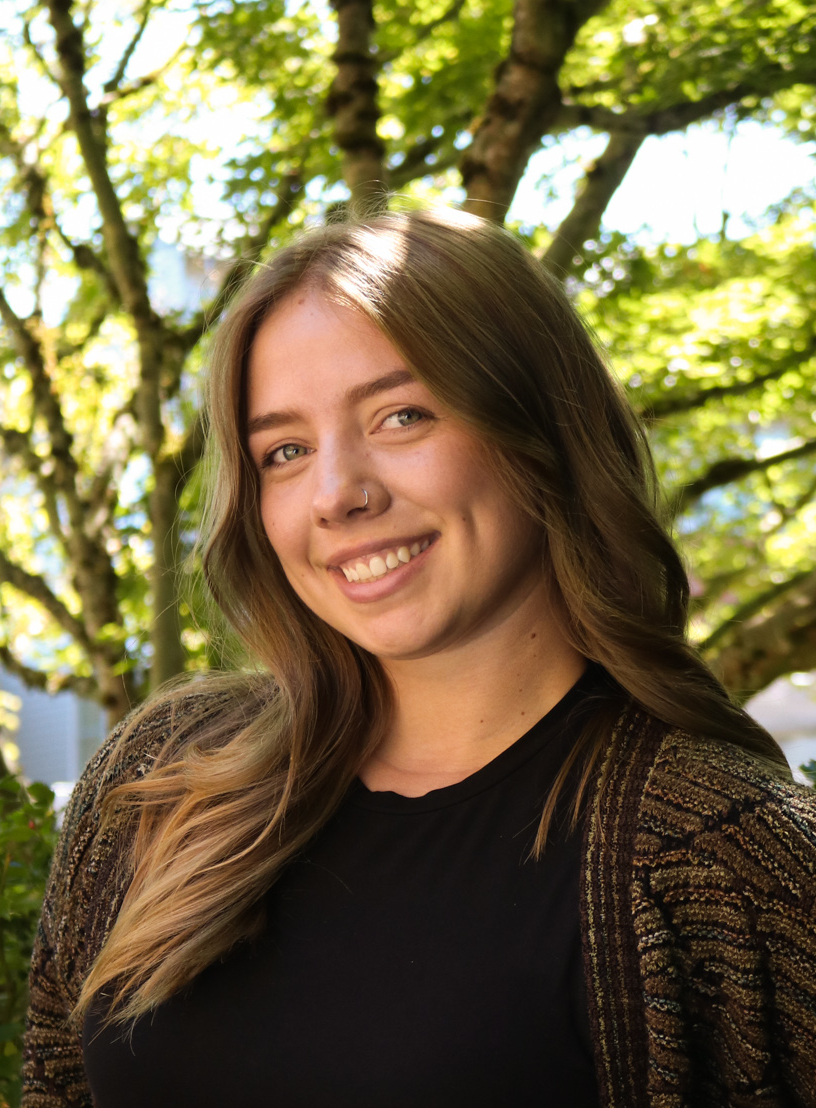65 Native languages have already gone extinct, according to the Administration for Native Americans, a program office within the United States Department of Health and Human Services. As the art of learning a new dialect becomes lost in a world of constant communication, writer, scholar and Indigenous language activist, Beth Piatote, joined WSU’s Visiting Writers series on March 3 to discuss her award-winning works in reviving the Nez Perce, a language derived from the Sahaptin tribes.
Piatote is currently an associate professor of Native American studies at the University of California, Berkeley. Her talk focused on two of her works, “Domestic Subjects: Gender, Citizenship, and Law in Native American Literature,” which received honorable mention for a Modern Language Association award, and “The Beadworkers: Stories.” She also shared a short story not included in her collections titled “The Nightwalk.”
Piatote began learning Nez Perce in college from her aunt, who was a Native speaker. She said her aunt planted the seed that encouraged her to continue pursuing language studies, which led her to discover Nez Perce’s revitalization. Haruo Aoki, Piatote’s mentor and major resource writer of the Nez Perce language, had a profound influence on her studies as well. Aoki taught Piatote Nez Perce through Indigenous stories, many of which she was able to then recite back to her aunt.
“The way our traditional stories work, is you hear a story and you think about it, and you keep thinking about it for the next 30 years, and different times in your life it will have different meanings to you,” Piatote said. “It’s kind of like a slow-release medicine, it comes to you when you need it.”
Indigenous aesthetics are woven throughout Piatote’s writing, specifically featuring imagery of animals, the cosmos and other types of symbolism – at the same time, stressing the importance of sharing Indigenous life through literary form, language and characters. She said writing is like beadwork, where each story assumes the representation of individual beads. Hence, through “The Beadworkers: Stories” Piatote wanted to resemble a beadwork table, a place where creativity, innovation, storytelling and togetherness thrive.
“I wanted the book to feel like a safe place, where people can just be with whatever they were going through,” Piatote said. “Here are stories that would help them to be stronger, but mostly that would give them companionship and help them to not feel lonely.”
Piatote emphasized the need for constant love when learning a new language, similar to the way a baby’s meaningless babbling is celebrated by its parents and relatives. She said it is important to always think of your knowledge as a whole, even if your vocabulary consists of only a few words. For example, every morning Piatote and her children greet each other in Nez Perce, despite mostly communicating in English. Similarly, she urged everyone to learn the language of the Indigenous land they reside on.
“Learn the language of the place where you are so that when you go outside you can greet the animals. Learn your language so that you can pray. Learn your language so that you can communicate with your ancestors,” Piatote said.
The spring Visiting Writers Series is dedicated to Native writers, activists and scholars. According to Chelsea Ratzlaff, English instructor at WSU Vancouver, the remaining events in the series are geared toward honoring Indigenous work, and facilitating systemic change.
“All of WSU’s campuses state-wide are located on Indigenous lands, and I know the urgency and gravity of that fact isn’t lost on this audience,” Ratzlaff said.
To watch a recording of Piatote’s talk, click here, or visit the WSU Visiting Writers Series website where you can also rewatch other past talks and see upcoming events. The next installment of the WSU Visiting Writers Series will feature Storme Webber, an interdisciplinary artist and poet, on March 23 at 6 p.m.

